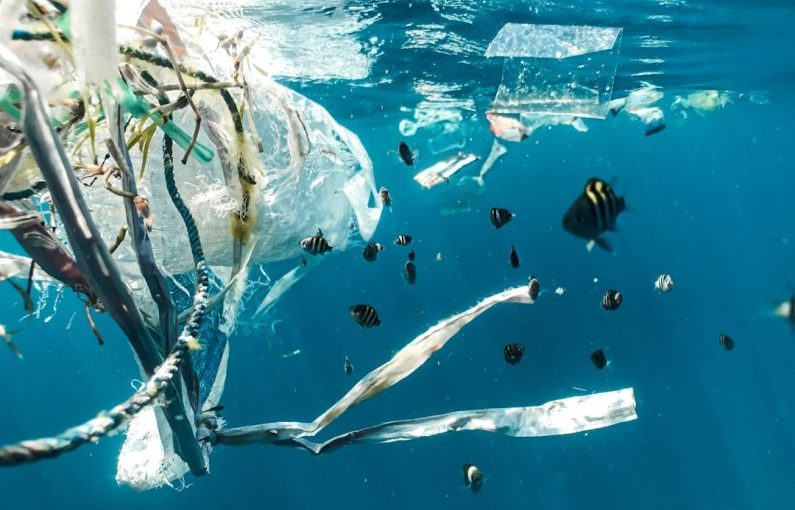Plastic pollution has become a pressing environmental issue, particularly in our oceans. The detrimental impact of plastic waste on marine life and ecosystems cannot be overstated, prompting global efforts to combat this growing threat. As awareness of the problem continues to increase, various initiatives and campaigns are being launched to tackle the issue head-on. From cleanup projects to innovative solutions, the fight against plastic pollution in our oceans is more crucial now than ever before.
The Scope of the Problem
The scale of plastic pollution in our oceans is staggering. It is estimated that over 8 million tons of plastic waste enter the world’s oceans every year, causing significant harm to marine animals and habitats. Single-use plastics, such as bottles, bags, and straws, are among the most common culprits, with millions of tons ending up in the ocean annually. These plastics do not biodegrade but instead break down into smaller pieces known as microplastics, which can be ingested by marine creatures, leading to a range of negative consequences.
Impacts on Marine Life
The impact of plastic pollution on marine life is profound and far-reaching. Countless marine animals, from sea turtles to seabirds, are harmed or killed by ingesting plastic debris or becoming entangled in it. Plastic pollution also disrupts marine ecosystems, affecting the balance of marine food chains and habitats. Additionally, the chemicals present in plastics can leach into the water, further endangering marine life and potentially finding their way into the human food chain.
Cleanup Efforts
Efforts to clean up plastic pollution in our oceans are underway around the world. Beach cleanups, organized by various environmental groups and volunteers, help remove tons of plastic waste from coastal areas each year. These initiatives not only help to beautify our beaches but also prevent plastic from entering the ocean and causing harm to marine life. Furthermore, advances in technology have led to the development of innovative cleanup solutions, such as floating barriers and drones, which can target and remove plastic debris from the water more efficiently.
Policy and Legislation
In addition to cleanup efforts, policy and legislation play a crucial role in the fight against plastic pollution in our oceans. Many countries have implemented bans or restrictions on single-use plastics, such as plastic bags and straws, to reduce plastic waste at the source. International agreements, such as the Basel Convention, aim to regulate the transboundary movement of plastic waste and promote greater accountability among countries for managing their plastic waste responsibly. By enacting and enforcing strong policies, governments can help curb the flow of plastic into our oceans and protect marine ecosystems.
Innovative Solutions
Innovation is key to addressing the challenge of plastic pollution in our oceans. Scientists and engineers are constantly developing new technologies and materials to reduce the impact of plastic waste on the environment. Biodegradable plastics, made from plant-based materials, offer a more sustainable alternative to traditional plastics and can help minimize the accumulation of plastic in the ocean. Furthermore, initiatives such as plastic-eating bacteria and ocean cleanup arrays show promise in removing existing plastic waste from the water and preventing further pollution.
The Road Ahead
The fight against plastic pollution in our oceans is a complex and ongoing battle that requires collective action on a global scale. While progress has been made in raising awareness and implementing strategies to address the issue, much more needs to be done to effectively tackle the root causes of plastic pollution. Individuals, businesses, governments, and organizations all have a role to play in reducing plastic waste, promoting recycling, and supporting efforts to clean up our oceans. By working together and embracing sustainable practices, we can make a positive impact on the health of our oceans and preserve them for future generations.





